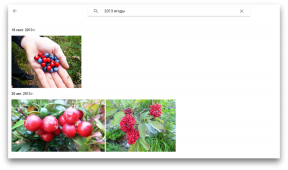“Methods of chromatographic analysis of environmental objects” - course 23,000 rubles. from MSU, training 4 weeks. (1 month), Date: December 6, 2023.
Miscellaneous / / December 09, 2023
Program volume (academic hours): 72 hours (26 classroom hours)
Form of study: full-time, distance learning
Dates of classes: as groups are recruited (small groups, from 5 people)
Admission requirements: higher professional education or secondary specialized education
Program Manager: Yulia Anatolyevna Zavgorodnyaya, Email: [email protected], tel.8(495)939-22-33
Responsible for additional education: Timofeeva Elena Aleksandrovna, Email: [email protected], tel. 8 (903) 22-33-99-2, 8(495)939-22-33
If necessary, the program can be adapted to the customer’s requirements - expanded, removed, or the necessary topics added to the curriculum of the additional education program
Who will benefit from the course?
This course will be useful both for analysts who already have experience in the field of practical chromatography, and for young specialists who those wishing to acquire new professional qualifications, which is often required when expanding the scope of activity or scope of accreditation laboratories. Taking this course will also be relevant for teachers of higher educational institutions and university students who want to gain additional working competence.
What will you learn?
As part of our course you:
- get an idea of modern approaches and methods for performing chromatographic analysis for environmental objects;
- understand the features of the design and operation of modern equipment for gas and liquid chromatography;
- become familiar with all stages of qualitative and quantitative chromatographic analysis in practice;
- learn to use specialized software that supports modern chromatographs;
- you will be able to ask experienced specialists questions about the intricacies of working with chromatographic equipment.
In what format does it take place?
The course takes place in the form of full-time and part-time training with full-time certification. The course includes lectures, practical, laboratory and demonstration classes, and independent work. Upon successful completion of the educational program, students will receive a certificate of advanced training of the established type.



